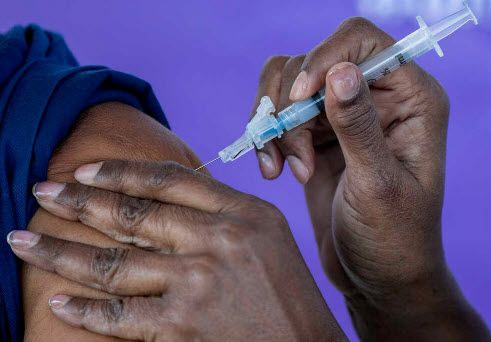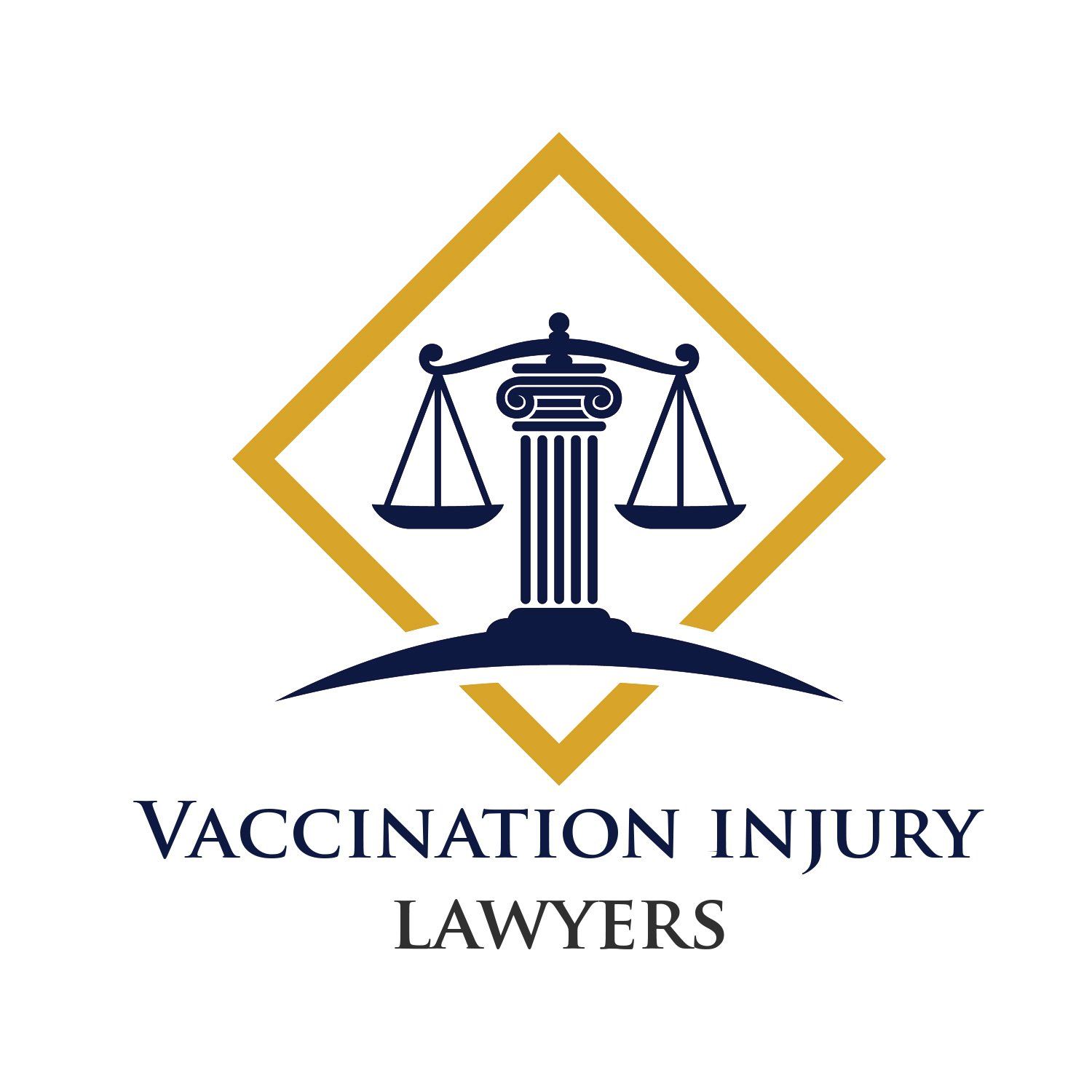A LOOK AT THE VACCINATION DILEMMA
July 31, 2017
Although vaccines carry the same risks as other medicines, choosing not to vaccinate your child against preventable diseases can have life-threatening consequences. There is nothing wrong with worrying whether particular vaccines are safe for your child. However, it's important to weigh both the dangers and benefits of vaccines in order to make an informed decision.

THE ISSUE OF SAFETY
According to the U.S. Food and Drug Administration (FDA), vaccines generally are an effective way to prevent complications or death that can result from certain infectious diseases. However, no medicine or vaccine is 100 percent safe and free of potential side effects.
While most vaccines given during childhood are effective in up to 95 percent of children who receive them, some children have an adverse immune response to a vaccine. In the event your child suffers an adverse reaction following a recent immunization, let your child's doctor know immediately.
Under the National Childhood Vaccine Injury Act, the doctor should report what may be an adverse side effect to the FDA. The information is entered into the Vaccine Adverse Event Reporting System — a national program that monitors the safety of vaccines. The reporting system collects information in a database of reports on possible side effects.
About 85 percent of the reports involve mild side effects, such as local injection site reactions, irritability and low-grade fever. The other 15 percent of the reports describe more serious medical complications like hospitalizations, permanent disabilities and even death. However, factors other than a recent vaccine may have contributed to these complications.
THE ISSUE OF DISEASE PREVENTION
Delaying vaccines or refusing vaccines to avoid the possibility of a serious reaction leaves your child unprotected against certain illnesses. With more vaccine-preventable diseases making a comeback, you may be putting your child's health at risk.
While most children suffer little side effects from common childhood vaccines, some develop a reaction Symptoms of which may include a mild rash, fever, redness, swelling or soreness at the injection site. Certain types of vaccines also cause vomiting, rare but more serious side effects include high fever, persistent crying, a serious allergic reaction or seizures.
INFANTS AND YOUNG CHILDREN
Vaccines can help protect your infant or young child against diseases such as:
- Hepatitis B
- Measles
- Mumps
- Chickenpox
- Rubella
- Polio
- Whooping cough (Pertussis)
- Diphtheria
- Tetanus
Most of these infectious diseases — many of which were once potentially deadly or caused lasting disabilities — are no longer common in the U.S. because of vaccines. Even those that continue to occur affect fewer numbers of children who are vaccinated.
OLDER CHILDREN
As your child gets older, vaccines that protect preadolescents and teens from serious illnesses include:
- TDaP (diphtheria, tetanus, and pertussis)
- Hepatitis A
- Hepatitis B
- Meningococcal
- Human papillomavirus (HPV)
In addition to the vaccines listed, an annual flu vaccine protects babies 6 months and older, young children, preadolescents and teens from getting the influenza virus. Most children who get the flu vaccine have no side effects or experience only mild side effects, such as feeling achy for a few days.
Risks Either Way
While vaccines carry a degree of risk for some children, not immunizing your child comes with risks as well. Your child may:
- Contract one of the diseases against which vaccines protect
- Transmit an infectious disease to a young infant or an individual with a weakened immune system
- Infect a person who is receiving cancer treatment and can't be immunized
In making the decision to vaccinate or not vaccinate your child, keep in mind that although many vaccine-preventable diseases are no longer widely prevalent in the US, they can reemerge at any time without warning.
If your child suffers symptoms that you think may be related to a vaccination, the attorneys at Vaccine Injury Lawyers can help you prepare a case to prove that a vaccine is the cause.

Explore Texas DWI laws, including legal BAC limits, penalties for first-time and repeat offenses, and the consequences of refusing a breath or blood test. Learn about enhanced penalties for high BAC levels, the importance of ignition interlock devices, and rules for driving with a child passenger. This guide highlights the critical details you need to stay informed about Texas DWI regulations and potential legal repercussions.
You may have heard that Autism Spectrum Disorder can result from vaccinations. Read this blog to learn where this myth came from and why it's incorrect.
If you're expecting a child or planning a pregnancy, you may be wondering if and why the COVID-19 vaccine may be recommended. Read to learn all about it.
Even though vaccines are effective, some are reluctant to get vaccinated. Learn the facts about vaccination and how it protects communities.

Shoulder injuries following all types of vaccinations are becoming more common as vaccination numbers remain high. Inflammation of the injected shoulder can cause severe pain, limited motion, and other symptoms that last months or years. Sometimes, surgery is even required. Compensation for these specific injuries is available. For a more in-depth analysis of what a SIRVA is and how it occurs, check out the following article. Click Here .
With technology taking center stage in the medical industry, vaccines help to protect billions. Learn about the common vaccine types in existence today.
Estate planning with Alzheimer's or dementia can be challenging, especially as the condition progresses. See some tips to help if you are in this situation.
Every year, a percentage of individuals develop Guillain-Barré Syndrome (GBS) after getting the flu vaccine. Learn about this illness and its vaccine link.
Some parents question if the shot is worth it and safe. Read on to learn about chickenpox vaccine safety and what to do in case of side effects.

